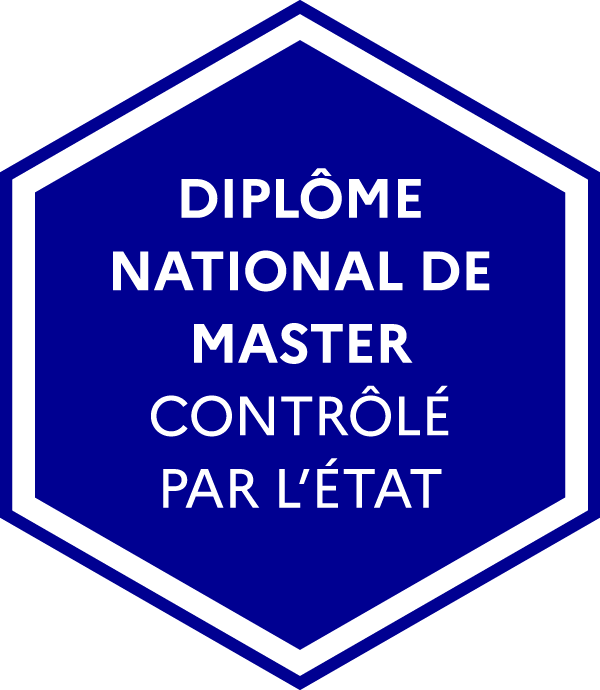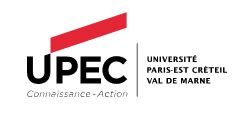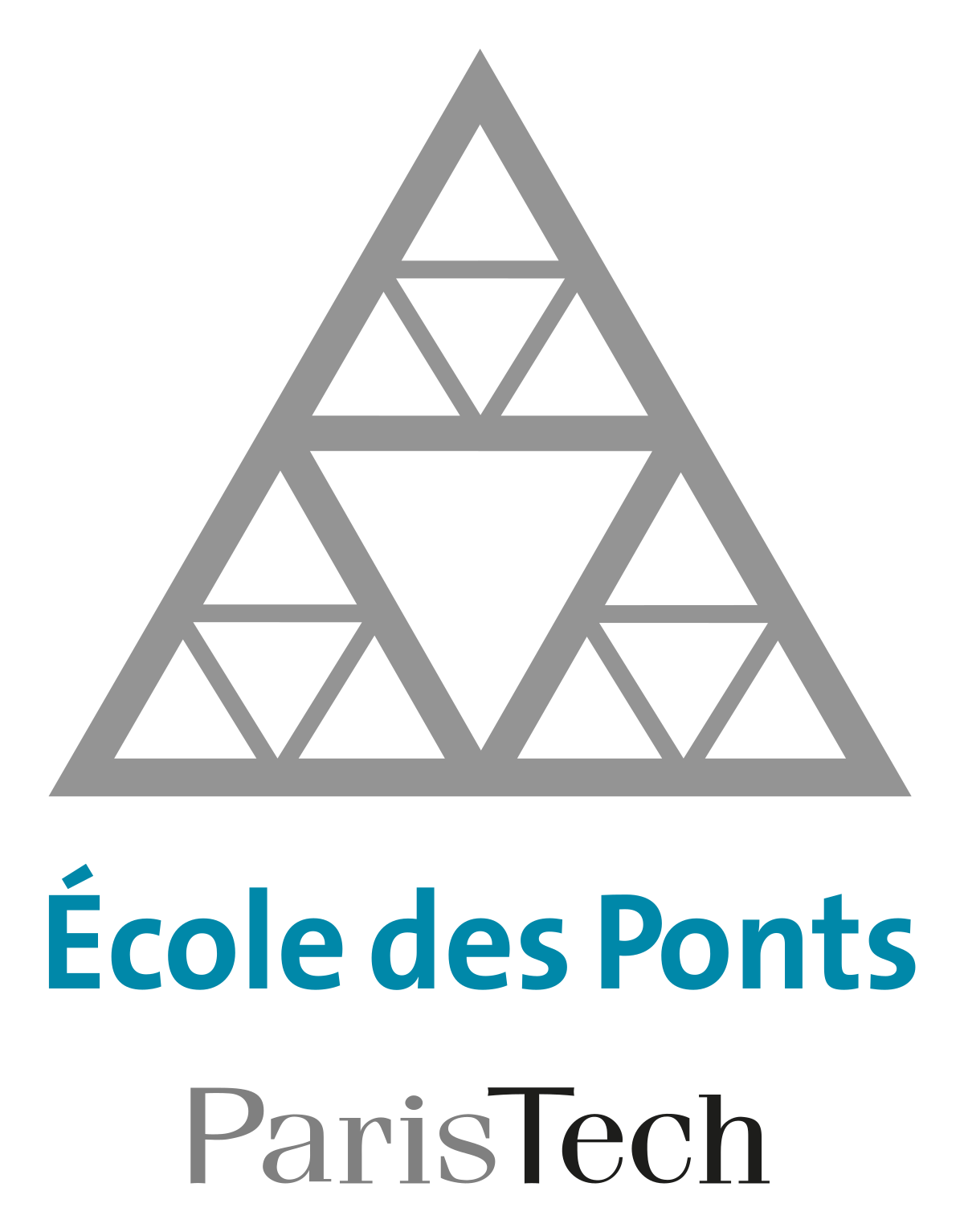Master's degree Transport and Mobility


Entry requirements
Hold a diploma equivalent to four years of higher education.
Benefits of the program
This M2 is based around a strong connection between engineering sciences and human sciences. The transversal skills in the area of transport within local contexts respond to an operational need that is growing with the complexity of socio-technical systems within which projects are designed, determined and developed.
Acquired skills
This M2 offers multidisciplinary knowledge that is crucial in the fields of transport and mobility of people and goods, while covering the full diversity of modes of transport (automotive, public transport, pedestrian, bike) at various local levels.
International
TBC.
Capacities
20
Course venue
Your future career
The goal of this course is to train professionals and researchers to be capable of creating potential formulations of modern sustainable development issues in territories and mobility, connecting political, economic, social, technical and technological aspects. Graduates may be employed by major transport operators, local authorities, design offices specialised in development and transport, research laboratories, etc.
Professional integration
The goal of this course is to train professionals and researchers to be capable of creating potential formulations of modern sustainable development issues in territories and mobility, connecting political, economic, social, technical and technological aspects. Graduates may be employed by major transport operators, local authorities, design offices specialised in development and transport, research laboratories, etc.
Study objectives
This course aims to give students the multidisciplinary knowledge that is crucial in the fields of transport, development and mobility of people and goods, at different local levels, drawing on the French, European and international contexts to do so. Its goal is to train professionals and researchers to create formulations of sustainable development issues in territories and mobility, connecting political, economic, social, organisational and technical aspects.
Major thematics of study
Urban planning and development, engineering sciences.
Calendar
Work placement begins: start of April. Work placement ends: 30 September, maximum. Minimum duration of work placement: three months.
Options
There are four options on offer, each one involving a number of mandatory classes. The four options are: Transport, Territory and Development; Design and Exploitation of Transport Systems; Mobility Innovation and Service; Freight and Logistics.
Semester 3
Semester 4
| Courses | ECTS | CM | TD | TP |
|---|---|---|---|---|
|
UE 6 - VOYAGE D'ETUDE
| 1 | 30h | ||
|
UE 7 - ACTIVITES COMMUNES
| 1 | 10h | ||
|
UE 8 - ATELIER
| 7 | 80h | ||
|
UE 9 - ANGLAIS PROFESSIONNEL
| 2 | 21h | ||
|
UE 10 - A - OPTION PROFESSIONNELLE
| 19 | 9h | ||
|
EC 10.1 A - Réponses à appels d'offre
| 2 | 9h | ||
|
EC 10.2 A - Mémoire et stage
| 17 | |||
|
UE 10 - B - OPTION RECHERCHE
| 19 | 30h | ||
|
EC 10.2 B - Théories et pratiques de la recherche en urbanisme
| 3 | 30h | ||
|
EC 10.2 B - Mémoire et stage de recherche
| 16 |
Pierre Zembri (M2)
Partners



